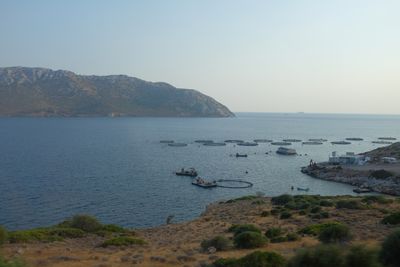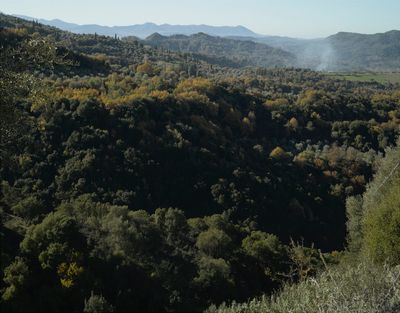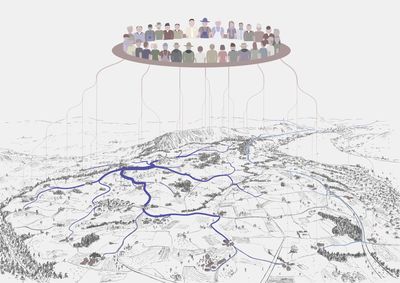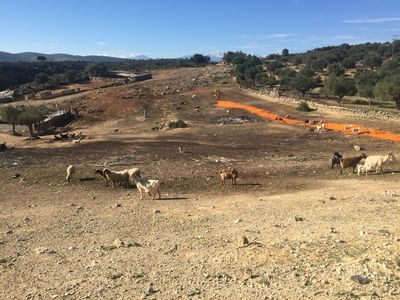Harokopio University, Kalithea
Peripheralisation: The Production of Ex-centric Places as an Ordinary Process of Extended Urbanisation.
How do “peripheries” form? And how does urbanisation generate processes of peripheralisation? Today, urban research is increasingly confronted with processes of extended urbanisation that unfold far beyond cities and agglomerations: novel patterns of urbanisation are crystallizing in agricultural areas and in remote landscapes, challenging inherited conceptions of the urban as a bounded and dense settlement type. While certain territories of extended urbanisation experience strong economic growth, others are affected by processes of peripheralisation, particularly less accessible and sparsely populated areas, mountainous and archipelagic regions, and territories with weak regional centralities. As a consequence, many regions experience deep socio-economic and ecological restructuring, the loss and relocation of economic activities, selective emigration, resulting in economic marginalisation and depopulation, whereby permanent settlements are eroding and seasonal or sporadic movements of people to and from central urban areas are becoming more pronounced. The production of such territories is strongly put forward through moments of economic, ecological or health crisis, offering the pretext for politics of exception, which eventually become a permanent condition and often are reinforcing processes of extended urbanisation and peripheralisation.
These observations advocate for a radical reconceptualisation of the experience of periphery at various spatial scales. Peripheralization is not a static spatial condition but emerges as a dynamic process that is shaped by uneven urbanisation and complex multi-scalar relations. This panel session invites contributions that investigate such processes in different scales and geographies and discuss both their socioeconomic and ecological implications, as well as the emancipatory potential in ex-centric territories in times of exception. It further asks for investigations that challenge and renew extant methodologies and forms of theory building, and encourage de-centred perspectives on the urban.



